Pope defends “human right” to refuse gay marriage licenses
Pope's comments illustrate no change in Church doctrine, but overall theme of U.S. trip focused on inclusion

Pope Francis on Monday made comments that appeared to bolster the case of conservative Christians, like Kentucky clerk Kim Davis, who argue that they should be allowed to refuse to issue same-sex marriage licenses if doing so violates their personal religious beliefs.
The pontiff made the remarks in response to a reporter’s question as he flew back to the Vatican following his first-ever tour of the United States. According to NBC News, the reporter asked: “Do you … support those individuals, including government officials, who say they cannot in good conscience, their own personal conscience, abide by some laws or discharge their duties as government officials, for example when issuing marriage licenses to same-sex couples?”
Although the pope did not specifically refer to any specific case where a same-sex license was refused, he defended the right of a person to do so, saying, “I can say that conscientious objection is a right that is a part of every human right. It is a right. And if a person does not allow others to be a conscientious objector, he denies a right.”
The pope also said that laws must make room for those who object to same-sex marriage; otherwise, he argued, government would be favoring one person’s right over another’s. When asked if that principle applied to government officials carrying out their duties, he responded: “It is a human right and if a government official is a human person, he has that right.”
The comments stood in stark contrast to the overall message of the pontiff’s U.S. visit, which largely avoided engaging on controversial issues such as same-sex marriage and abortion, keenly aware of the stark divides between conservatives and liberals, even within the Catholic community.
According to reporting from The Huffington Post, he pontiff did address the issue of marriage equality on Sunday in Philadelphia when he spoke to bishops gathered at St. Charles Borromeo Seminary, talking of “unprecedented changes” that are having “social, cultural and, unfortunately, now juridical effects on family bonds.” He lamented that, until recently, the similarities “between the civil institution of marriage and the Christian sacrament were considerable and shared.”
However, even in that speech, the pope sought to avoid fully embracing the role of cultural warrior that was adopted by his predecessor, Pope Benedict XVI, and the often hard-line stance taken by many U.S. bishops when dealing with issues related to homosexuality. Rather, the pope told the bishops that the solution to responding to a society that no longer agrees with church doctrine requires reaching out, rather than lecturing or ostracizing those who disagree. Francis said that “a Christianity which ‘does’ little in practice, while incessantly ‘explaining’ its teachings, is dangerously unbalanced. I would even say that it is stuck in a vicious circle.”
Both the nature and extent of his comments on Sunday echoed the remarks he made when speaking before the U.S. Congress on Thursday, where the pontiff alluded to the issue of same-sex marriage without directly mentioning it.
“It is my wish that throughout my visit the family should be a recurrent theme. How essential the family has been to the building of this country! And how worthy it remains of our support and encouragement!” Francis told members of Congress. “Yet I cannot hide my concern for the family, which is threatened, perhaps as never before, from within and without. Fundamental relationships are being called into question, as is the very basis of marriage and the family. I can only reiterate the importance and, above all, the richness and the beauty of family life.”
Thus, while not acquiescing on the fundamentals of Church doctrine, the pope managed to keep the bulk of his visit focused on the Church’s efforts to foster a spirit of inclusion and make it a more welcoming place, even to those who do not identify as Catholic.
“I think it’s pretty telling the examples of Catholics that he held up throughout the speech,” Kevin Walling, an openly gay alumnus of The Catholic University of America, said of his reaction to the pope’s address to Congress. “He made references to Dorothy Day and Thomas Merton, who were more focused on social justice and worker’s rights, in the case of Day. And of course, references to Abraham Lincoln and Martin Luther King, who were great healers in our society. The fact that he focused on their lives, and had one or two sentences at the very end of his address, talking about what could be perceived as traditional marriage, is very telling.”
Walling also said that what was most striking about the pope’s visit were the interactions he had with the homeless and poor people, which was in line with the overall theme of inclusion and outreach to all people.
“That’s the message he sends, ‘Who am I to judge?'” Walling said, referencing one the the pope’s earliest statements on homosexuality. “Not just with LGBT Catholics, but Catholics who have fallen away from the Church, but who have never really left the Church, whether they be divorced or what have you.”
Phil Attey, the former executive director and board member of Catholics for Equality, notes that the pope seemed to deliberately go out of his way to avoid triggering debates over more contentious social issues for most of his visit.
But Attey also said that, when it comes to the Church’s stance on LGBT rights, more focus needs to be placed on the U.S. bishops, who will be instrumental during the upcoming Synod of Bishops, which is slated to take place from Oct. 4-25 and whose theme is “the vocation and mission of the family in the Church and in the contemporary world,” according to the U.S. Conference of Catholic Bishops, which will be sending at least nine representatives and an alternate to Vatican City to participate.
At the synod, the various clergy members will discuss issues related to the family and establish “appropriate pastoral guidelines” for priests to follow — which may or may not include homosexuality. In a working document released in June, the bishops eliminated more conciliatory language towards homosexuality that had appeared in a previous report, placating more conservative bishops and thwarting the hopes of more liberal Catholics that the church would adopt a less hard-line stance on LGBT and other social issues.
“Francis seems more open to changing things,” Attey says of the pontiff’s willingness to engage on such issues. “But the U.S. bishops are not on board, so gay Catholics need to address the bishops ahead of the upcoming synod.”
Support Metro Weekly’s Journalism
These are challenging times for news organizations. And yet it’s crucial we stay active and provide vital resources and information to both our local readers and the world. So won’t you please take a moment and consider supporting Metro Weekly with a membership? For as little as $5 a month, you can help ensure Metro Weekly magazine and MetroWeekly.com remain free, viable resources as we provide the best, most diverse, culturally-resonant LGBTQ coverage in both the D.C. region and around the world. Memberships come with exclusive perks and discounts, your own personal digital delivery of each week’s magazine (and an archive), access to our Member's Lounge when it launches this fall, and exclusive members-only items like Metro Weekly Membership Mugs and Tote Bags! Check out all our membership levels here and please join us today!








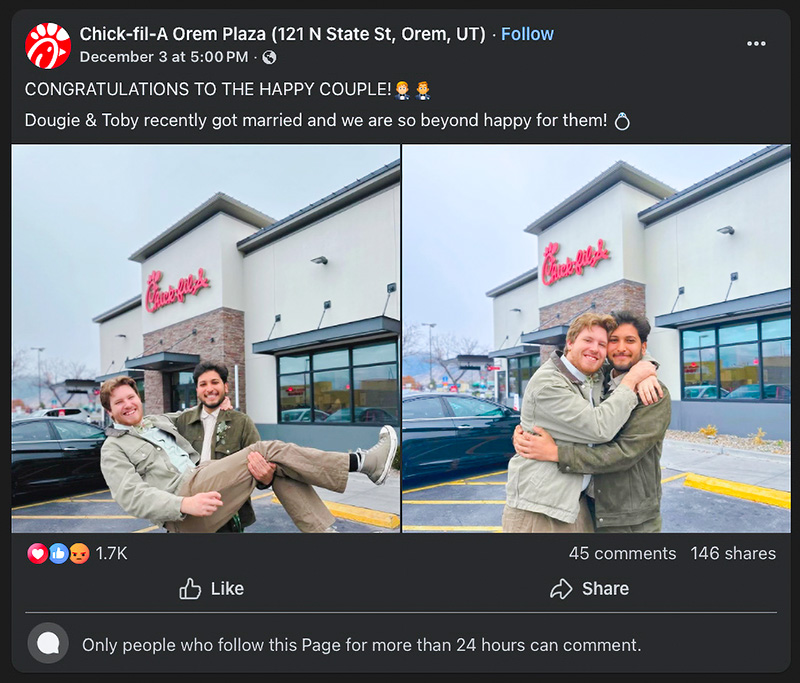
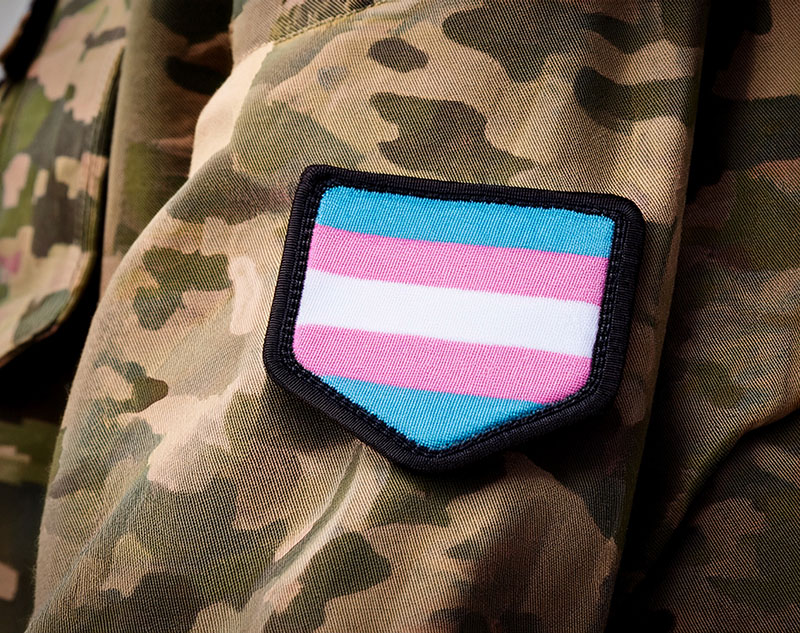
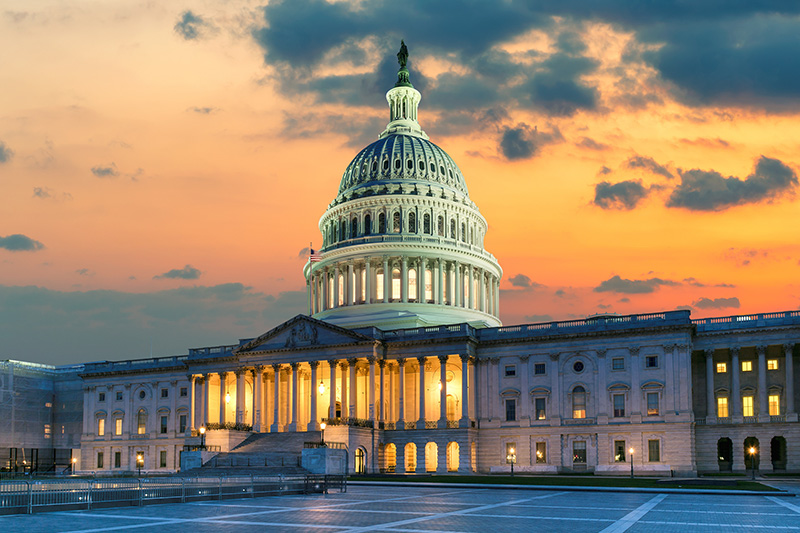












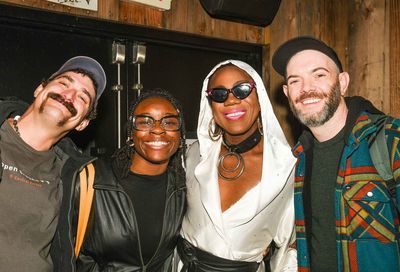
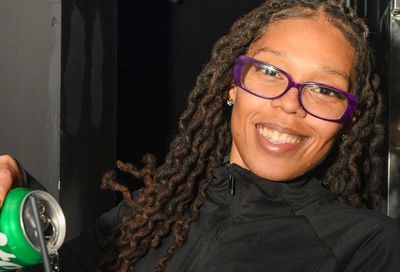
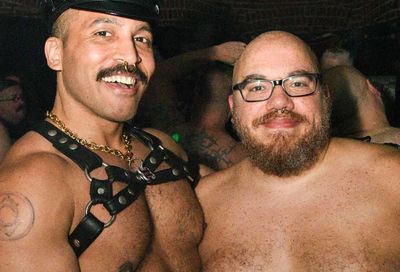
You must be logged in to post a comment.